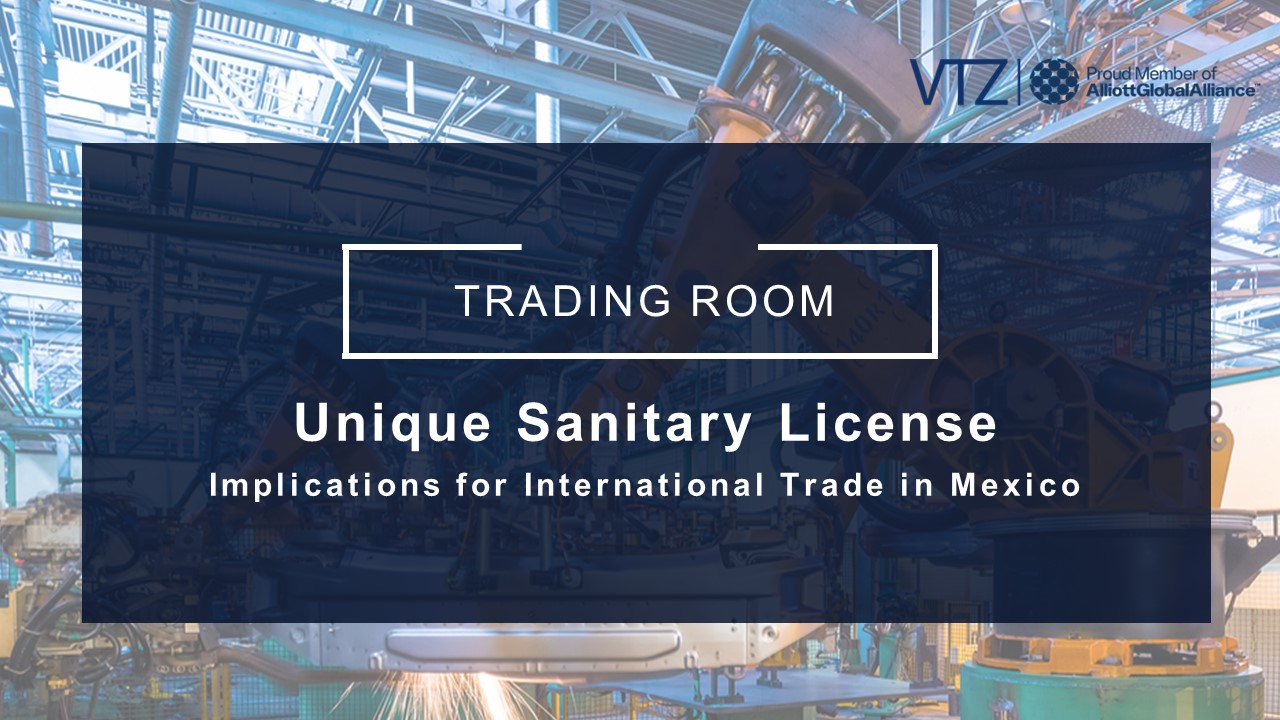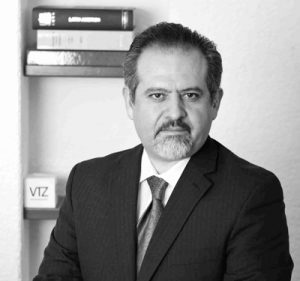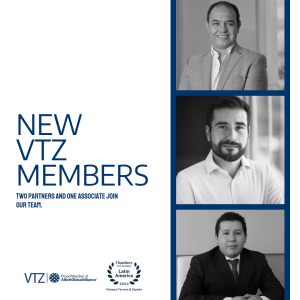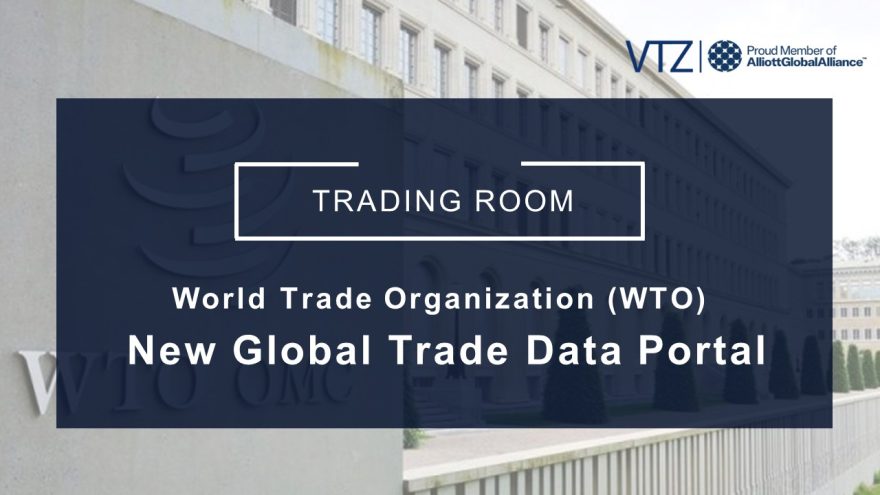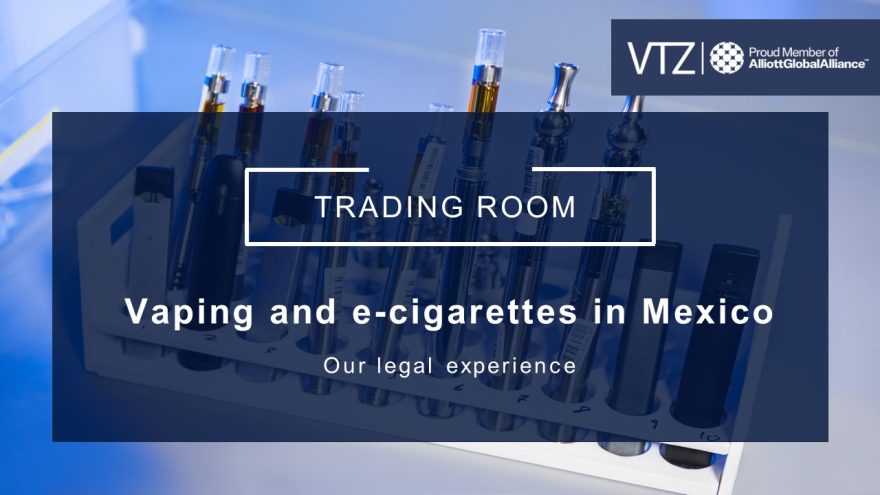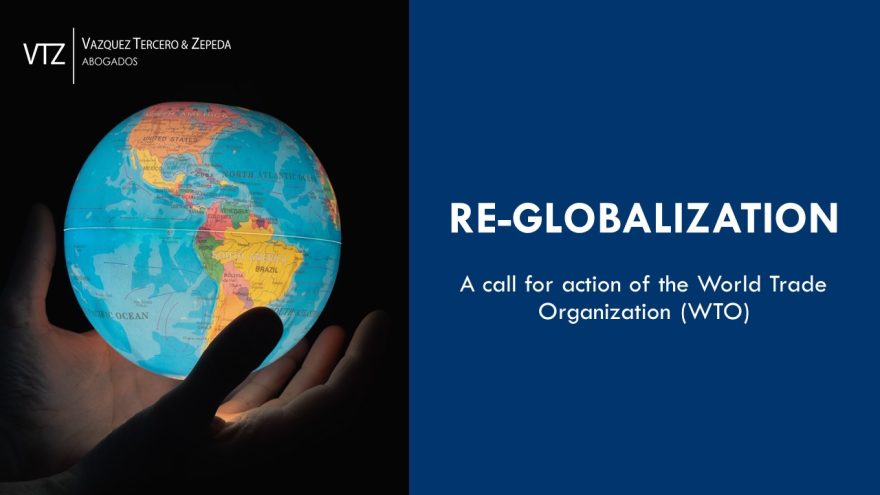Unique Sanitary License: Implications for International Trade in Mexico
To ensure price control and promote measures to contain inflation, the Ministry of Finance and Public Credit announced a plan on October 3 during «la mañanera», the morning press conference of the President. This plan is part of the Agreement on Actions Against Inflation and Famine (APECIC). Its objective is to «facilitate» the import and distribution of food and food packaging supplies, exempting beneficiary companies from procedures, permits and duties.
What companies benefit from this sanitary license?
As a result of an agreement between the government and 15 companies, the plan is to grant a » unique universal license» for these companies to import and distribute food and food packaging supplies. In short, the government will exempt them from all procedures and permits —including those of the National Animal and Plant Health, Safety and Quality Service (SENASICA) and the Federal Commission for Protection Against Health Risks (COFEPRIS)— as well as the general import tax.
Among the companies that have signed the agreement are:
- Antonio Suárez Gutiérrez, of Tuny;
- Leovi Carranza Beltrán, Grupo Pinsa Dolores, tuna;
- Juan Antonio González Moreno, Grupo Gruma-Maseca, tortillas;
- Altagracia Gómez Sierra, Minsa, tortillas;
- Daniel Salazar Ferrer, Bachoco, chicken and egg;
- Isidro Ávila Lupercio, San Juan, egg;
- Alfonso Celis, Socorro, egg;
- Jesús Vizcarra Calderón, SuKarne, beef;
- Arnulfo Ortiz, Grupo Gusi, beef;
- José Zaga Mizrahi, Opormex, pork meat;
- Eugenio Caballero Sada, Sigma Alimentos, pork meat;
- Guilherme Loureiro y Javier Treviño, Walmart;
- Ricardo Martín Bringas, Soriana;
- Antonio Chedraui Obeso, Chedraui; and
- Alfonso Rosales Wybo, Valle Verde.
Purpose of the sanitary license
In brief, this license seeks to make the importation of food, especially meat, a simpler and cheaper process. Its ultimate goal is to combat the high food costs resulting from inflation. According to the President of Mexico, Andrés Manuel López Obrador:

PROFECO's role with regard to the sanitary license
According to the above, the companies accepted that the Federal Consumer Protection Agency (PROFECO) has the authority and oversight in case of «abuses». However, it should be noted that this authority has always had the power to review commercial practices, with or without the consent of the companies.
During the term of this agreement, PROFECO will suspend the review of all regulations that are considered to impede or increase the cost of food imports and their mobility within the country. With this license, these 15 companies undertake to (self-)verify that the food and supplies they import and distribute are of high quality and free of sanitary or phytosanitary risks.
Is the Unique Sanitary License incompatible with the SPS Agreement?
The World Trade Organization Agreement on Sanitary and Phytosanitary Measures (SPS Agreement) allows governments to set their own food safety standards. The condition is that the regulations are implemented based on an assessment of the existing circumstances and risks to humans and animals. Measures adopted under the SPS Agreement must be based on international standards and recommendations, as well as scientific evidence, applied only as necessary to protect health and not be more restrictive than necessary.
With the implementation of the unique sanitary licenses, the government is applying two measures: the first is a de facto «exemption» from sanitary formalities and inspections for imports of products from companies that are signatories to the agreement. The second is the «traditional» sanitary procedures or measures applicable to imports made by all other companies, i.e. the non-signatory companies.
This situation, in which the level of protection is lowered for some companies and maintained for others, could be incompatible with the SPS Agreement. This is so because this measure could discriminate arbitrarily and unjustifiably products from diferrent origins that pose identical or similar as a result of providing facilitation measures to a selected group of companies.
Does the unique sanitary license discriminate among importers?
The problem of discrimination can also be seen in the following way: Why only these 15 Mexican companies are benefited? Can other companies access these benefits? Do these benefits apply only to imported merchandise? From our point of view, there are many questions and few answers regarding this policy.
In the first place, the President made an invitation or call with the companies, according to his statements. In fact, the President commented that he had personal meetings with the executives. Secondly, the President also stated that «the agreement is open… for those who voluntarily want to join». However, the Secretary of Finance and Public Credit did not explain the criteria for companies to adhere to such agreement.
To combat inflation, the measures must evidently be general and should not only benefit a handful of companies. From a legal point of view, our constitution and certain treaties prohibit measures that are «discriminatory». For example, we are struck by the fact that the 15 companies are mainly Mexican, while we do not know whether or not other companies (with foreign investment) will be able to meet the criteria to adhere to the agreement.
Future international trade restrictions?
In addition to the Unique Sanitary License, the Minister of Finance and Public Credit announced that the government will strengthen its grain program in which Mexico has a trade deficit. In addition, the Minister also announced international trade measures, specifically export restrictions.
In the Minister’s words, «the exportation of white corn, beans, and other grains will be cancelled…. the export of white corn, beans, sardines and aluminum and steel scrap used in food packaging». In addition, the need to extend this limitation to other products will be jointly examined.
According to Article 2.11 of the USMCA, Mexico may not establish a ban on exports destined to its trading partners, unless the requirements of Article XI of the GATT are met. This provision allows the adoption of certain temporary measures, such as export restrictions and prohibitions, to prevent or remedy shortages of food or other essential inputs.
Conclusion
While it is unquestionably valid to take measures to combat inflation and boost the supply of food and their inputs, we believe that the government is not attacking the root of the problem: the «inefficiency» of the health and sanitary authorities, COFEPRIS and SENASICA, in issuing the permits.

